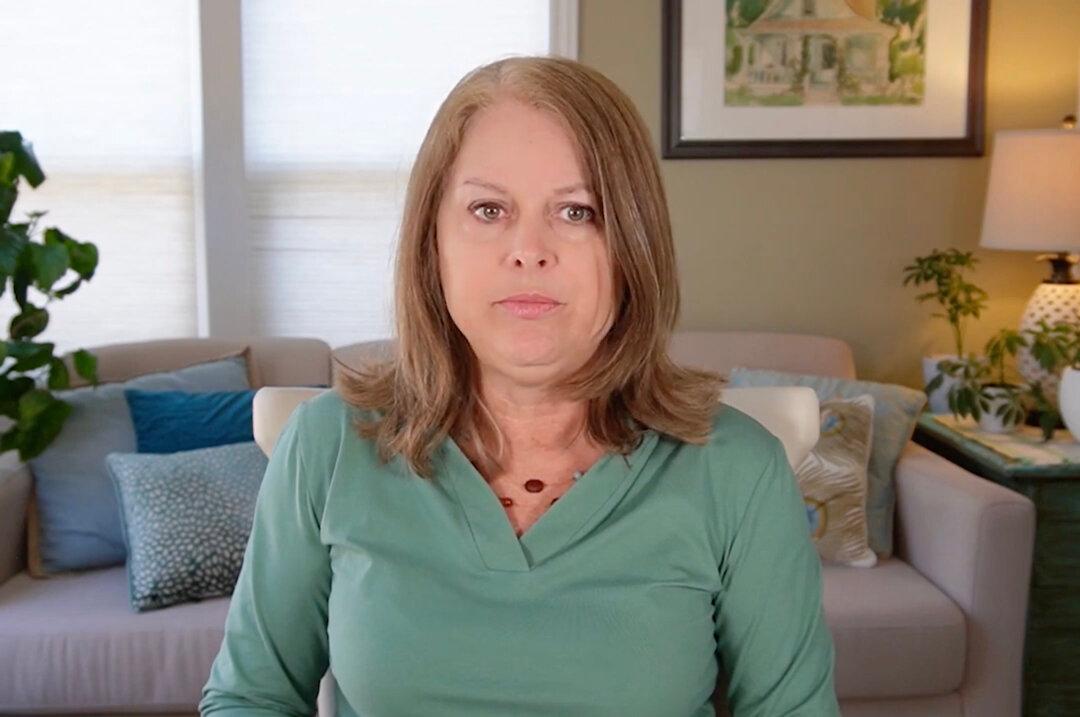An Ontario school board is appealing a court decision that gave the go-ahead to a defamation lawsuit against the board and its chair, filed by a former teacher who was accused of making “transphobic” comments during a presentation to the board over material available in school libraries.
Former teacher Carolyn Burjoski filed the lawsuit after a presentation she was giving to the Waterloo Regional District School Board (WRDSB) was cut short in January 2022. Then-chair Scott Piatkowski said she was violating the Human Rights Code by questioning the content of books available in school libraries.





